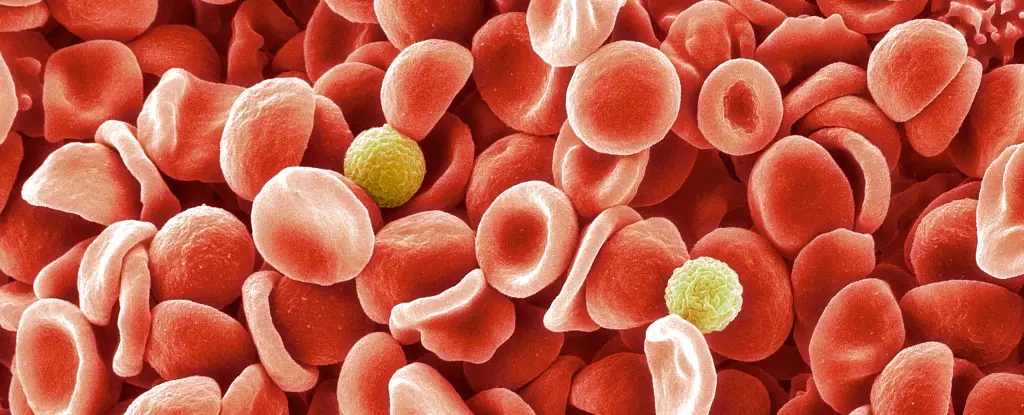The realm of human blood group systems is a fascinating and intricate field, deeply rooted in history and scientific inquiry. Blood groups are not merely a curious classification; they are essential for safe medical practices, particularly in transfusions. Traditionally, the ABO blood group system and the Rh factor are the most recognized, forming the basis of blood compatibility in clinical settings. However, the discovery of additional blood groups reveals the complex and diverse nature of our blood’s biochemical architecture. In September 2023, a significant development disrupted prevailing understandings in hematology when a new blood group system, referred to as the MAL blood group, was introduced following decades of investigation sparked by a peculiar case from 1972.
The journey began with a pregnant woman who, during a routine blood sampling in 1972, baffled medical professionals with a unique condition: her blood lacked a specific surface molecule, known as the AnWj antigen, present in over 99.9% of the population. For nearly half a century, the absence of this antigen remained a mystery, leading researchers from the UK and Israel on a painstaking quest to understand the implications of this anomaly. The persistence of scientists like Louise Tilley of the UK National Health Service, who dedicated nearly two decades of her career to unraveling this mystery, reiterates the importance of research insights in addressing rare medical phenomena.
Discovering a new blood group system hinged on understanding the genetic mechanics behind the missing antigen. The researchers found that the AnWj antigen is produced via the expression of genes associated with the MAL blood group. Mutations in these genes can result in the absence of the antigen, a characteristic termed AnWj-negative blood type. The researchers identified not just genetic mutations leading to this absence but also noted cases where blood disorders could suppress the expression of the antigen without a genetic mutation. By observing this interplay between genetics and health, researchers are able to explore potential underlying conditions that might affect patients with atypical blood types.
Conducting genetic analyses revealed that an extremely small protein, the MAL protein, plays a crucial role in maintaining the integrity of cell membranes and facilitating transport within cells. The technical challenges in identifying the MAL protein underscore the need for multidisciplinary approaches in modern scientific research. The team employed sophisticated methodologies, including genetically modifying blood cells, which allowed them to restore the absent antigen in AnWj-negative cells. This breakthrough not only affirms the role of the MAL protein but expands the horizon on how we understand human biology at the molecular level.
The discovery of the MAL blood group underlines the relevance of studying rare biological variations. While the AnWj blood type is rare, the clinical implications for those affected can be severe. Blood transfusions, which are often lifesaving, demand meticulous attention to compatibility. The findings from this research indicate that patients with the MAL blood type can now undergo genetic testing to ascertain whether their unique blood characteristics stem from inherited conditions or environmental influences that suppress antigen expression.
The incremental knowledge gained through this research can facilitate better medical outcomes for patients with rare blood types, reinforcing the notion that understanding even the most uncommon genetic traits can lead to innovations in healthcare. The ongoing investigation into blood group systems highlights the significance of medical research not just as an academic pursuit, but as a necessary framework for improving patient care.
As we delve deeper into the intricacies of human blood genetics, the MAL blood group discovery signals a pivotal moment in the field of hematology. It exemplifies how long-term dedication and interdisciplinary collaboration can result in groundbreaking discoveries with profound implications. Advancement in genetic technologies and enhanced collaboration among scientists globally will undoubtedly yield further insights into blood groups, ultimately enriching our understanding of human health. As the healthcare community integrates this knowledge, the potential to save lives and improve care for individuals with rare blood types will likely expand, leading to a more nuanced and effective approach to blood transfusion practices.


Leave a Reply